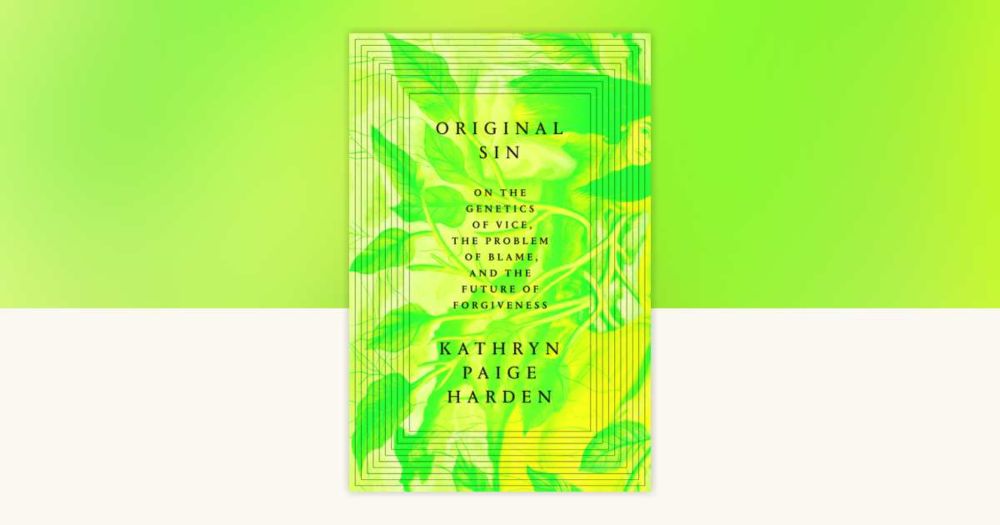Andrea Ganna
@andganna.bsky.social
1.5K followers
680 following
180 posts
Associate Prof in health data science @HiLIFE_helsinki @FIMM_UH - MGH/Harvard - Playing with all kind of data - http://dsgelab.org
Posts
Media
Videos
Starter Packs
Reposted by Andrea Ganna
Konrad
@konradjk.bsky.social
· 19d

Pan-UK Biobank genome-wide association analyses enhance discovery and resolution of ancestry-enriched effects - Nature Genetics
Genome-wide analyses for 7,266 traits leveraging data from several genetic ancestry groups in UK Biobank identify new associations and enhance resources for interpreting risk variants across diverse p...
www.nature.com
Reposted by Andrea Ganna
Andrea Ganna
@andganna.bsky.social
· Aug 30
Andrea Ganna
@andganna.bsky.social
· Aug 27
Reposted by Andrea Ganna
Tuomo Hartonen
@tuomohartonen.bsky.social
· Aug 27

Cross-biobank generalizability and accuracy of electronic health record-based predictors compared to polygenic scores - Nature Genetics
Comparison of electronic health record-based phenotype risk scores (PheRS) and polygenic scores (PGS) across 13 common diseases and three biobank-based studies indicates that PheRS and PGS may provide...
www.nature.com
Andrea Ganna
@andganna.bsky.social
· Aug 22
Andrea Ganna
@andganna.bsky.social
· Aug 22
Andrea Ganna
@andganna.bsky.social
· Aug 10
Andrea Ganna
@andganna.bsky.social
· Aug 10
Andrea Ganna
@andganna.bsky.social
· Aug 5
Andrea Ganna
@andganna.bsky.social
· Aug 5
Andrea Ganna
@andganna.bsky.social
· Aug 5













